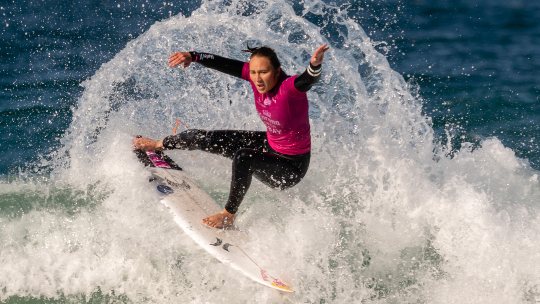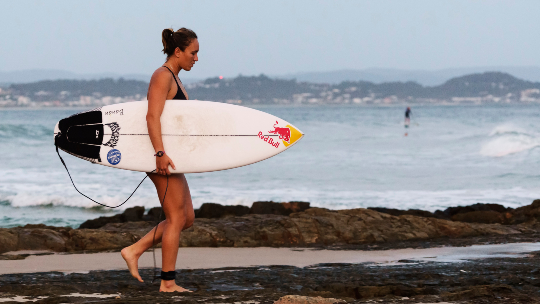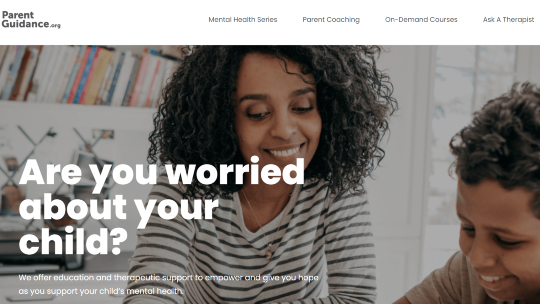Carissa Moore was the first woman to ever win an Olympic gold medal in surfing. Three years later, it’s now time to defend her title.
Title defense
The Honolulu native won the inaugural women’s surfing competition at the 2020 Tokyo Olympic Games (which were postponed one year due to the pandemic). This month, she’ll head to the Paris Olympics with the goal of bringing home another gold.
While the majority of Olympic athletes will compete in and around Paris, the surfing competition will be held in Teahupoo, Tahiti, a semi-autonomous French territory about 10,000 miles away, and known to have some of the most challenging waves in the world.
“This is one of the most special waves in the whole world and this is a wave that really deserves time and respect,” Moore told Freesurf magazine. “The wave is both terrifying and amazing at the same time because when you see that wall of water building in front of you, even if it’s like three-or-four foot, it’s still really intimidating. But when you make that drop, that rush that you get and then seeing if you make it, with that uncertainty, dancing with that is just so beautiful. And when you come out, oh my gosh. It’s one of the best feelings in the world.”
A new chapter
Once the Paris Olympics are over, we may not see Moore compete for a while. She announced in January that she would take a break from competitive surfing after the Olympics. “I feel compelled to step away from the tour and see who we are outside the jersey,” she said in an Instagram post.

She’s only competed in two World Surf League events this year, including finishing fifth at the Shiseido Tahiti Pro in May on the same Tahitian waves where the Olympic competition will be held.
“This is by no means the end,” she wrote. “I’d like to think of this instead as an evolution, the start of the next chapter, a new beginning.”
Life outside surfing
Even without competitive surfing, Moore will have plenty to keep her busy. The break will give her a chance to spend more time with her husband, Luke Untermann, and maybe start a family. She’ll also continue to oversee the Moore Aloha Charitable Foundation, which highlights surfing “to bring young women and girls together to encourage, uplift, and inspire each other.”

“It’s a safe space for young women to collaborate and get together,” says former professional surfer Megan Abubo, who often serves as a mentor for the foundation. “It’s all about fostering, mentoring, and educating young women on everything from positive body image to being a better steward of the ocean and the land.”
Another surfer returning to the Olympics is Haleiwa’s John John Florence. He missed out on a medal in Tokyo, but is peaking ahead of the Paris Games, winning the Surf City El Salvador Pro event in June.
The Olympic surfing competition starts July 27, with 24 women and 24 men taking part.
One-time professional surfer Megan Abubo has led a life that she hopes will be an inspiration to others. Read about her career journey that led from surfing to movies to empowering today’s young wahine, in the summer issue of Island Scene.
Need more surfing?
Check out these articles:
surfing safety with waikiki beach boys: Surfing is synonymous with Hawaii culture. Learn about the history of the Waikiki Beach Boys and how groups continue to spread their mission of surf and aloha spirit today.
surf lessons: Natalie Iwamoto discovers her love for surfing! In this first-person essay, Iwamoto discusses sharing her passion with her daughter and the life lessons she's learned from being in the water.
wahine on the waves: In Surfing Sisterhood Hawaii: Women Reclaiming the Waves, author Mindy Pennybacker examines how males dominated the industry and how wahine are making it clear they belong in the ocean.




